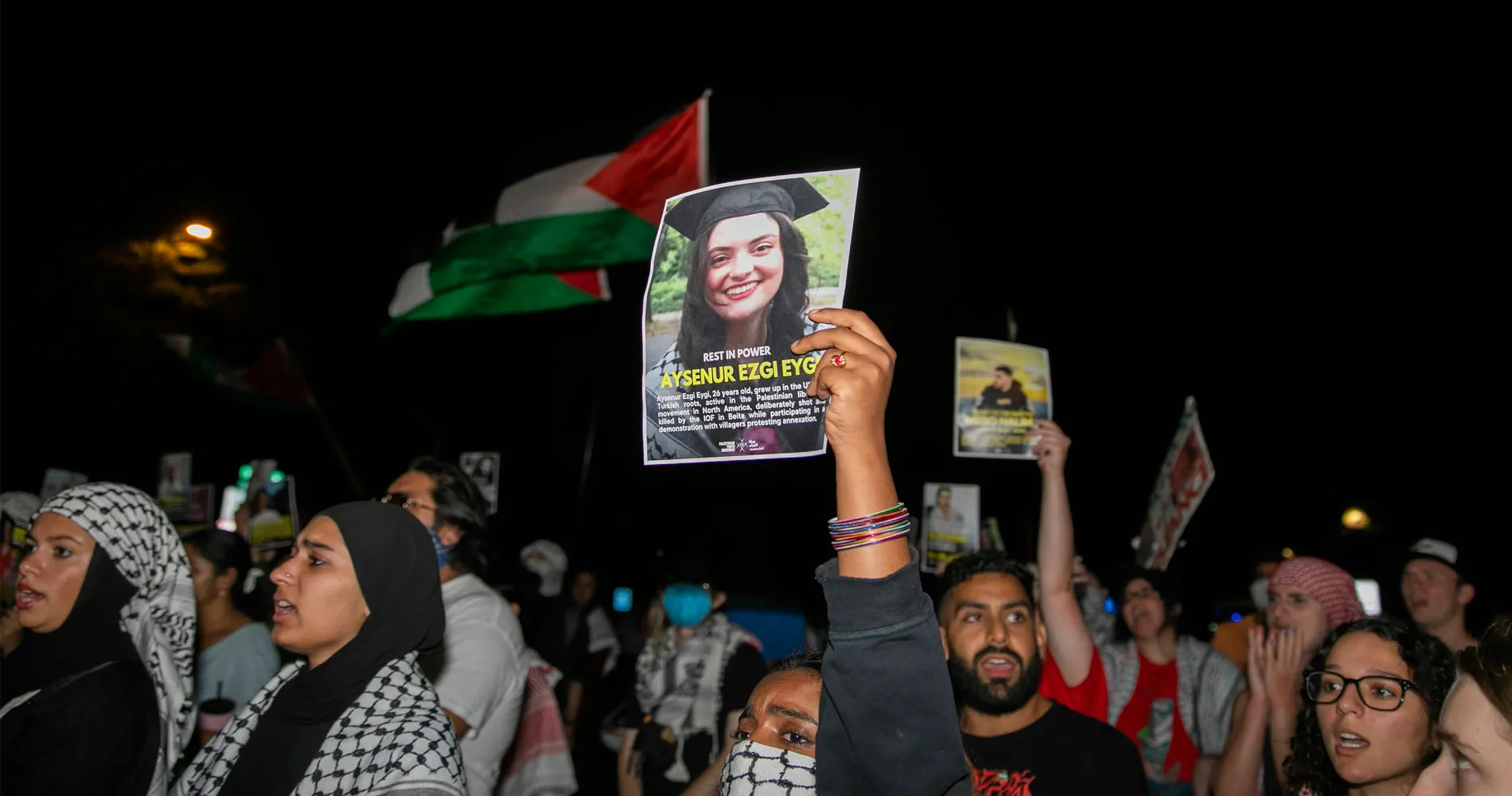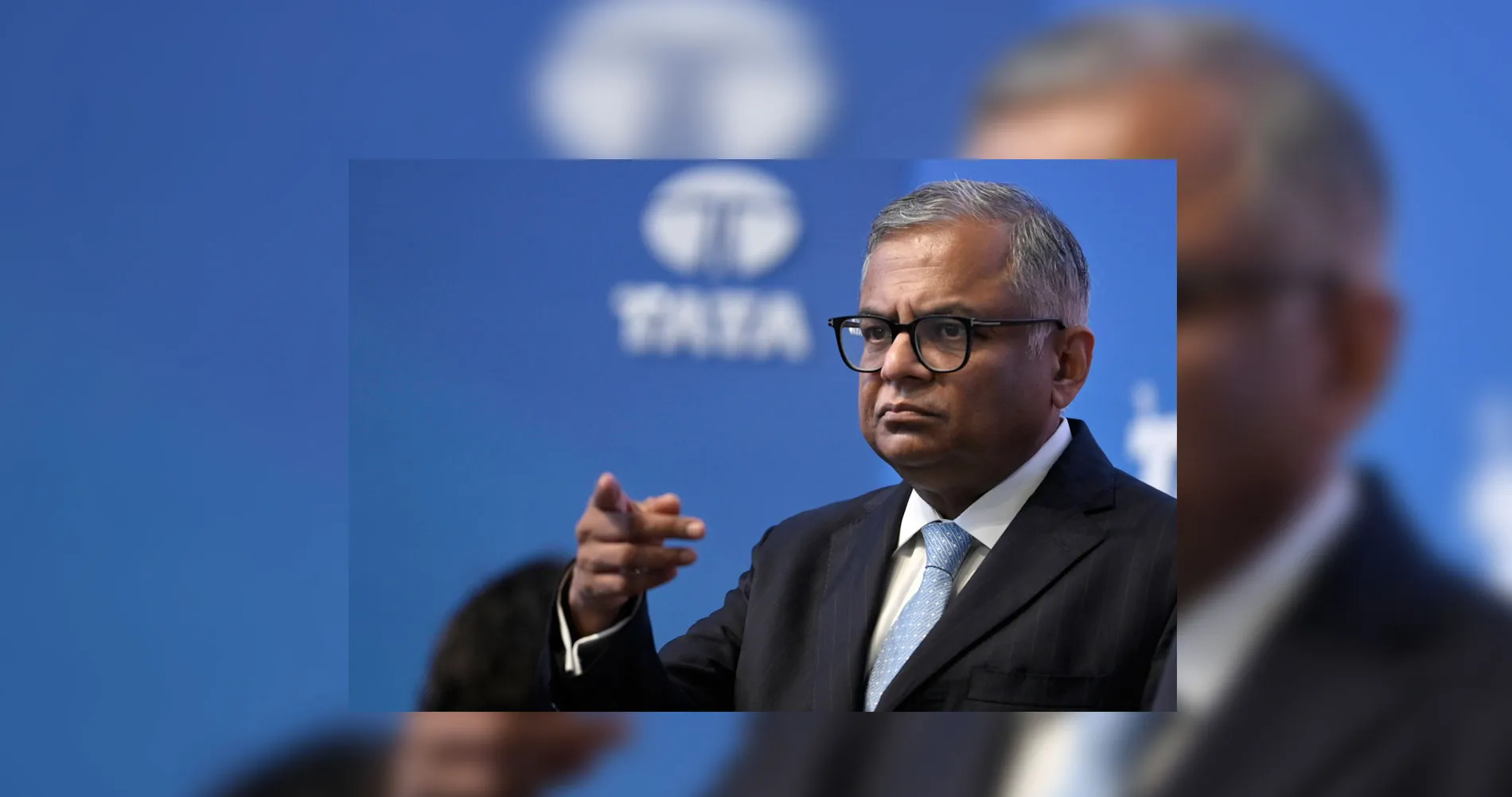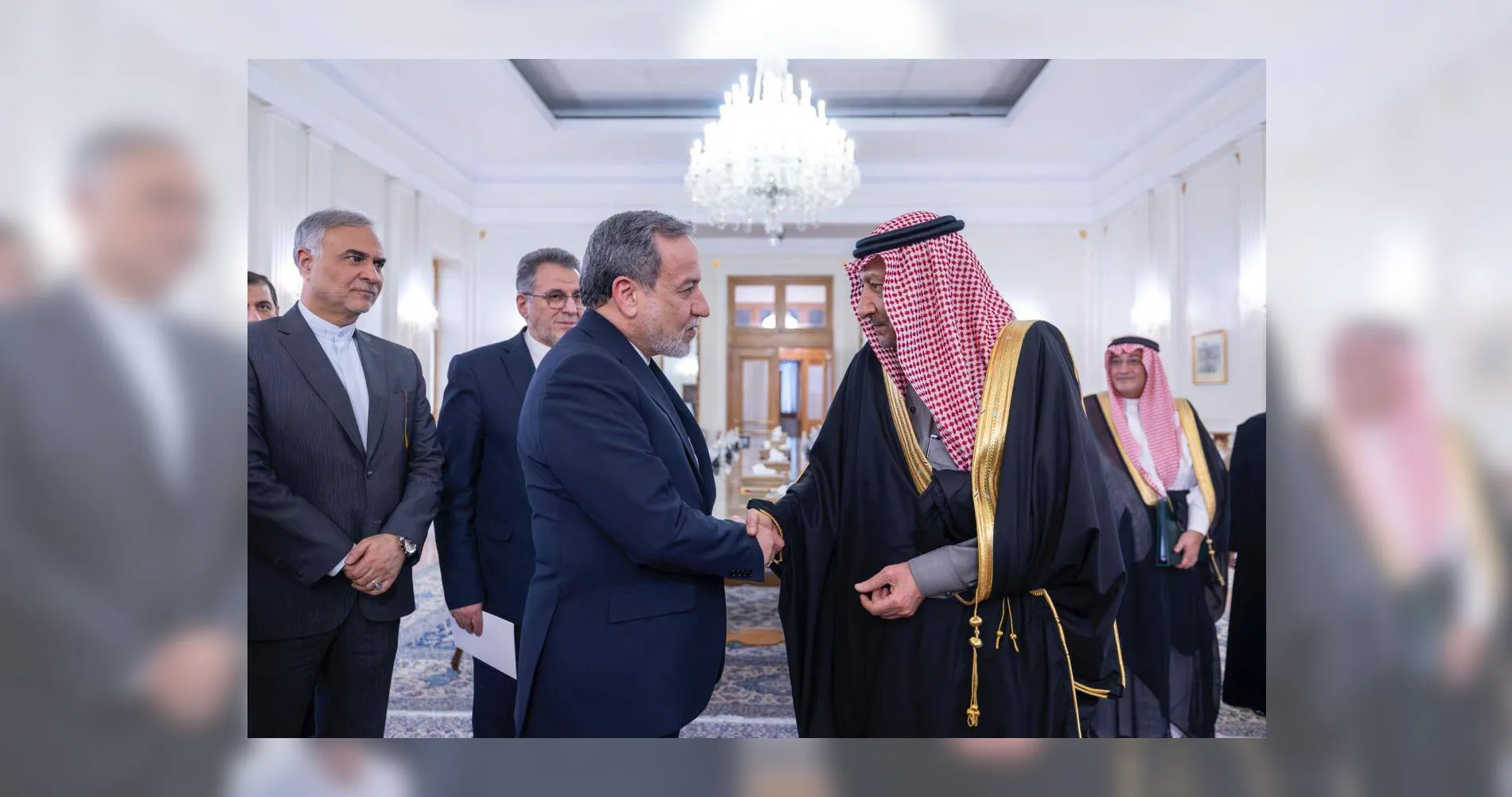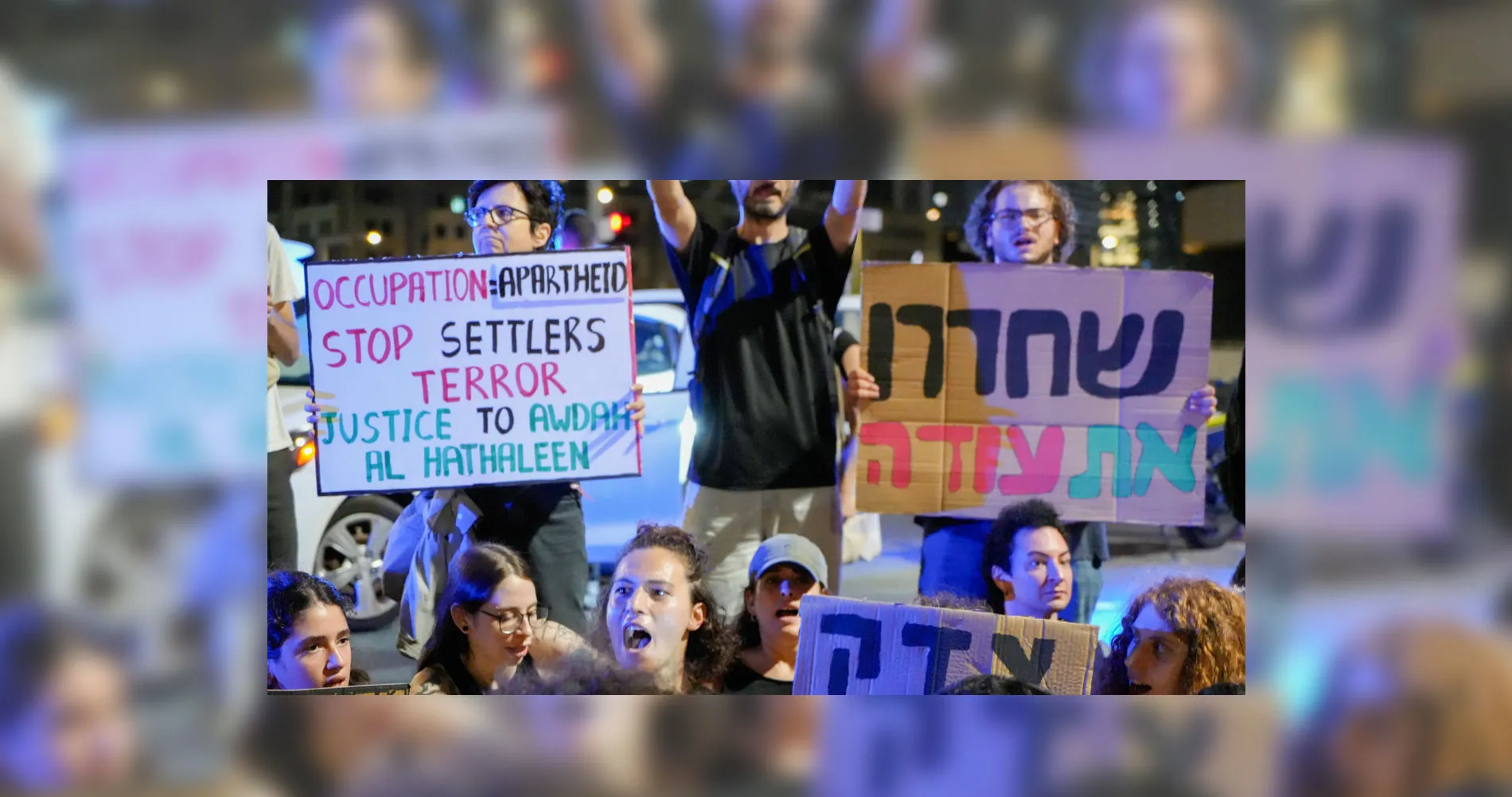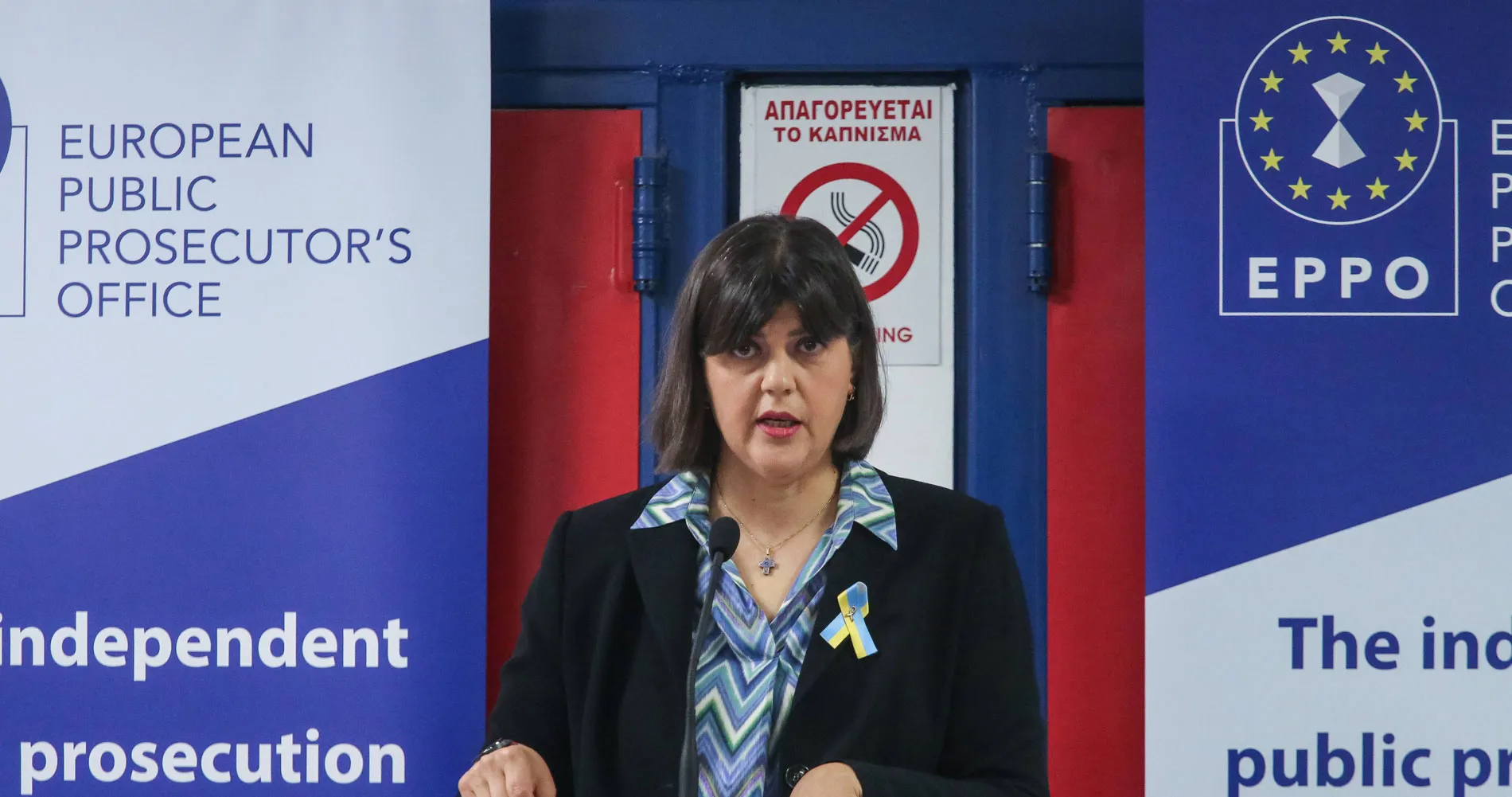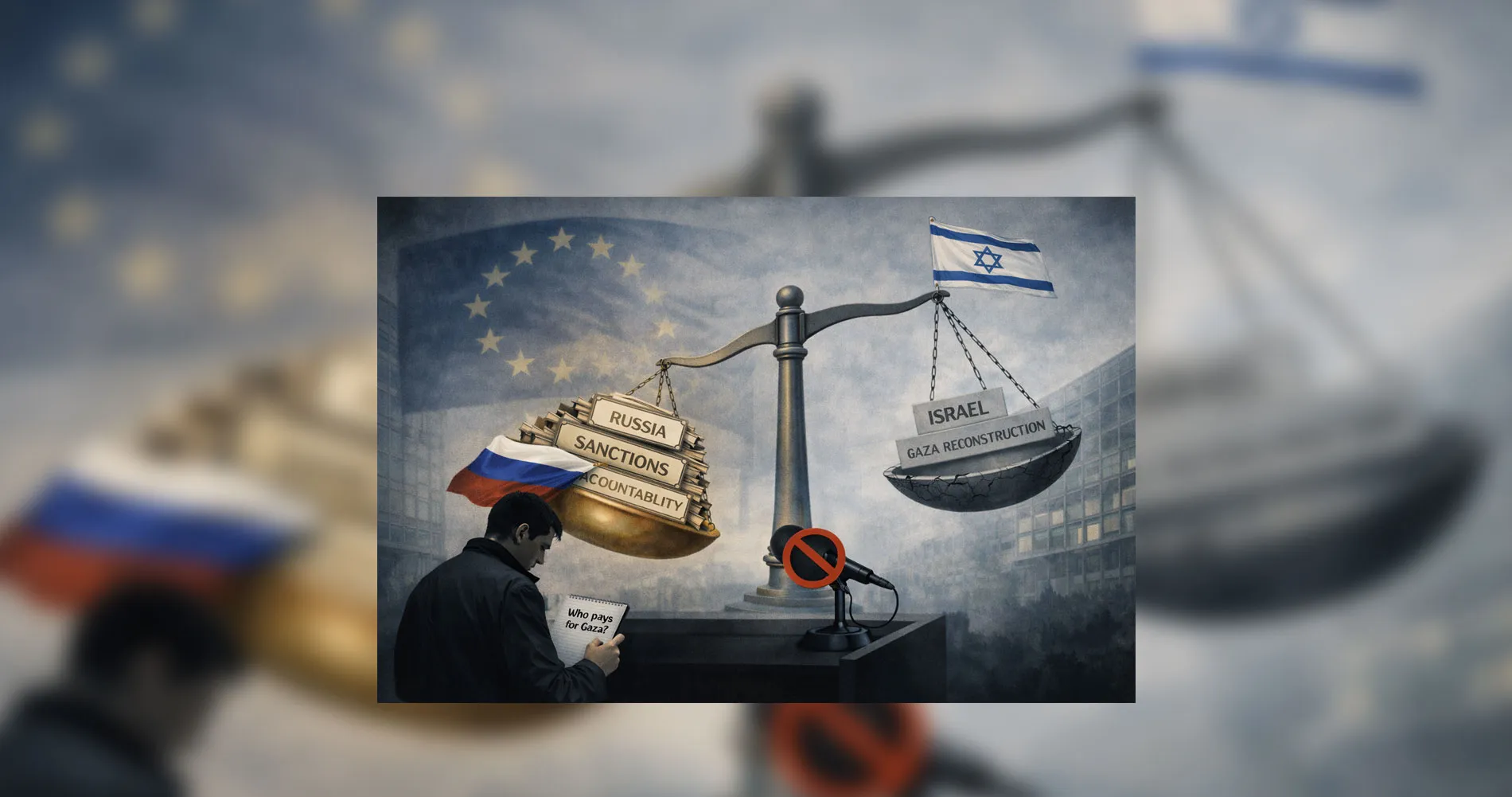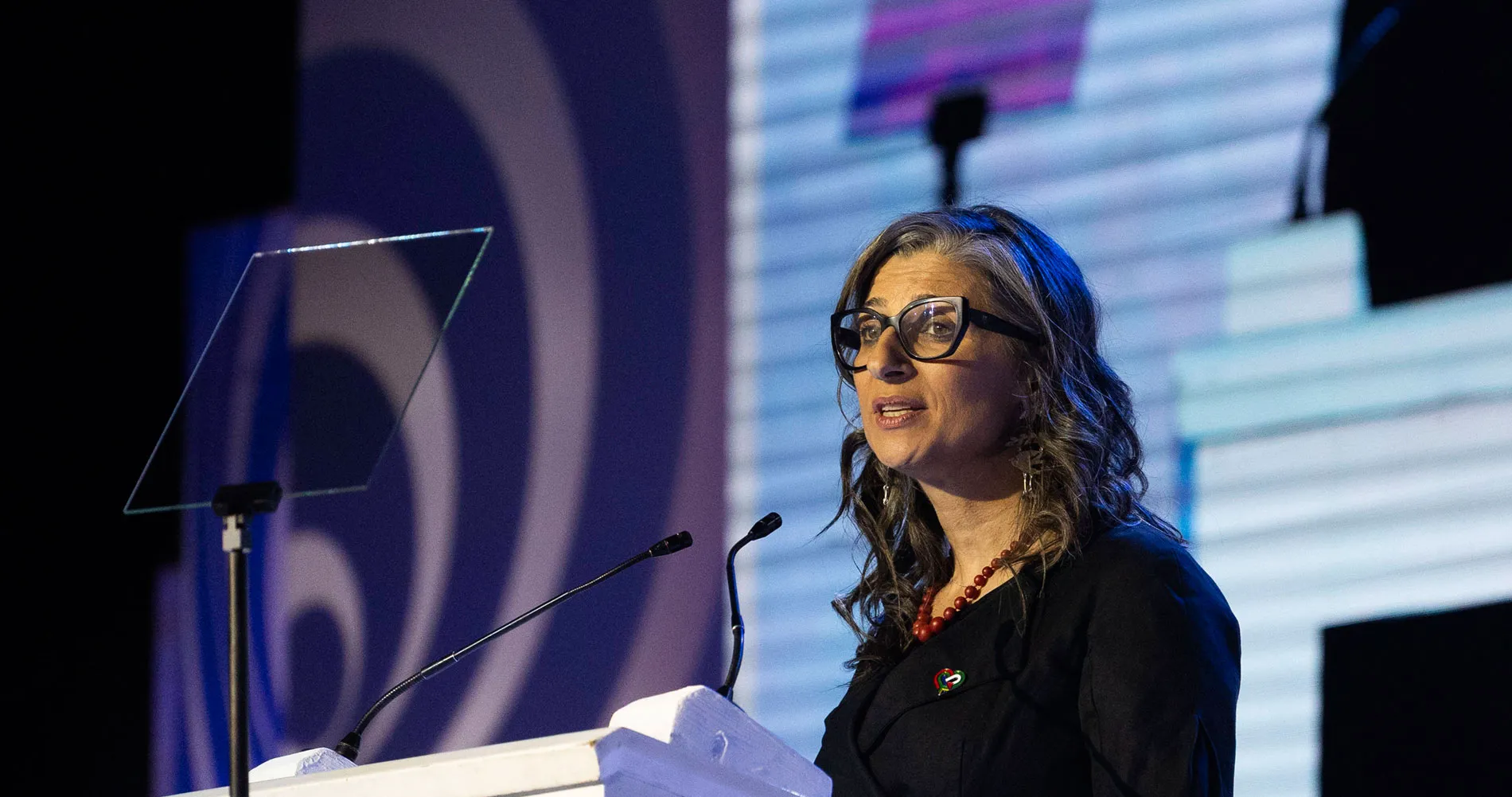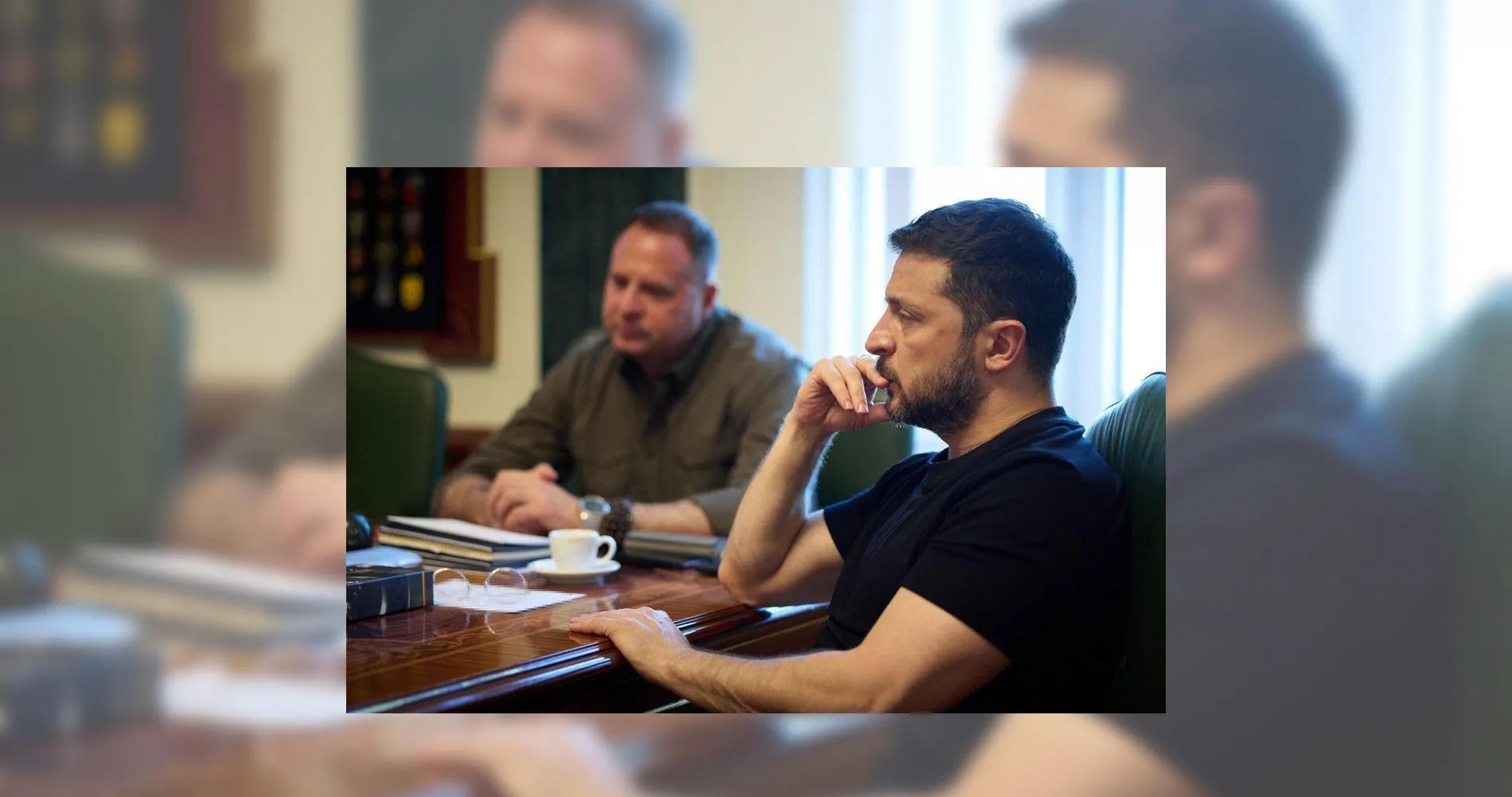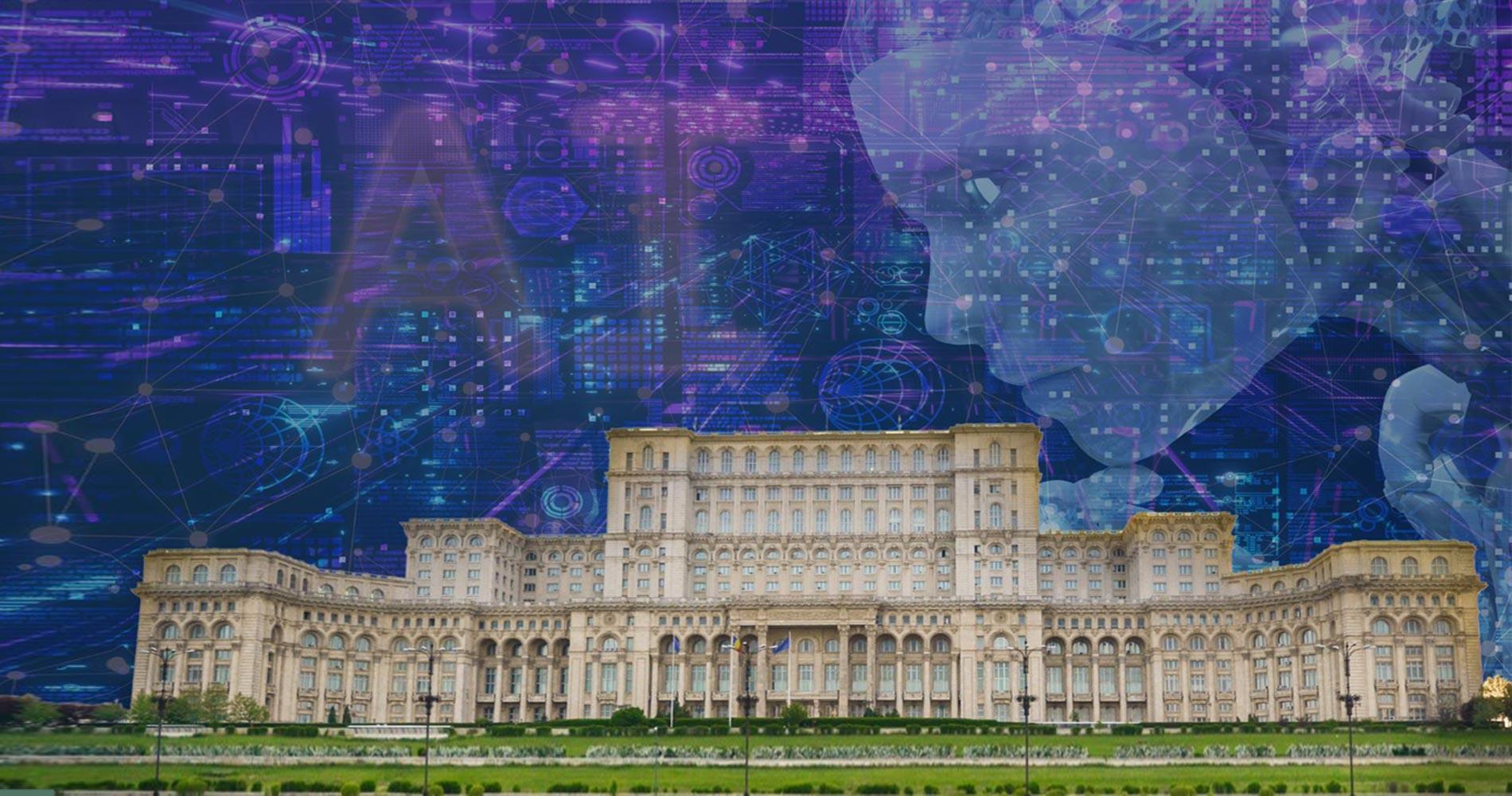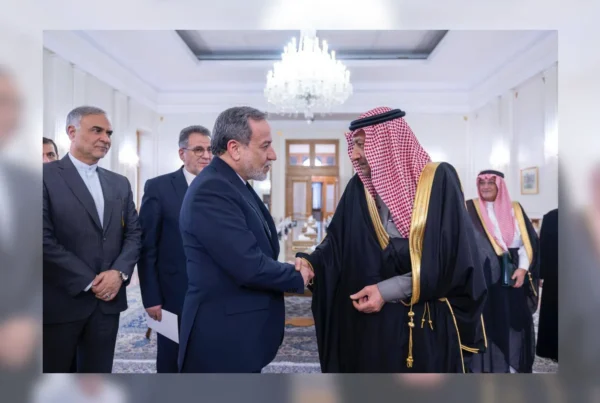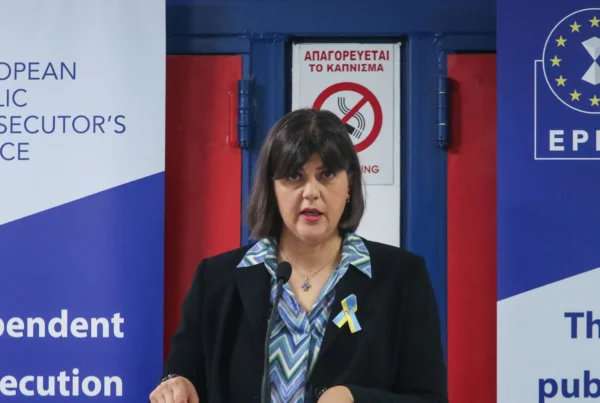The deplorable killing of Ayşenur Ezgi Eygi, a 26-year-old Turkish-American activist, during a recent protest in the West Bank, has ignited intense discussions about international activism, political affiliations and the nature of justice. Eygi’s death not only highlights the escalating conflict in the region but also raises complex questions about how different political and ideological frameworks interpret and respond to such activism.
Meric Sentuna Kalaycioglu
7 October 2024
Arabic version | Chinese version
On 6 September 2024, Eygi was killed during an anti-settler protest in the West Bank, near Beita Junction. Israeli forces opened fire on the protesters, leading to several casualties, including Eygi. She was killed by an IDF sniper who targeted the back of her head.
Born in Antalya, Turkey, Eygi held dual US and Turkish citizenship. She graduated from the University of Washington in Seattle with a degree in psychology and Middle Eastern languages and cultures. Israel’s relentless attack on Palestinian land and its native inhabitants was a grave injustice she felt passionate about.
Eygi’s father, Mehmet Suat Eygi, has publicly spoken about her activism, emphasizing that she was “rebellious against injustice.” His words capture the essence of her life’s work: standing up for the rights of the oppressed, regardless of their nationality, religion, or political identity. Eygi’s activism was not limited to the Palestinian cause. It was rooted in a broader fight for human dignity and this has become central to understanding her legacy.
In Turkey, many who rally in support of Palestine are aligned with the ruling Justice and Development Party (AKP) or other Islamist-leaning organizations. For these groups, the Palestinian cause is frequently framed as a religious duty, tied to Islamic solidarity against Israel. Many pro-Palestinian activists in Turkey approach the issue through a religious or nationalist lens, but Eygi’s activism diverged sharply from this ideological approach. She viewed her activism instead through the lens of universal justice.
Eygi was a volunteer with the International Solidarity Movement (ISM), a Palestinian-led movement that opposes Israeli occupation through nonviolent resistance. Her involvement with ISM underscored her belief that the Palestinian cause is not just a religious or nationalist issue but a global humanitarian crisis.
Eygi’s stance draws historical parallels with the leftist movements of the 1970s in Turkey. At that time, activists such as Deniz Gezmiş and his comrades were strong supporters of the Palestinian cause, but their motivations were rooted in anti-imperialism and solidarity with oppressed peoples around the world, not religious sentiment. Gezmiş, a revolutionary leftist, saw the Palestinian struggle as part of a broader fight against colonialism and global injustice.
Eygi’s death, reported widely by international media, ignited a global discussion on the nature of Eygi’s activism, the role of international activists in the Palestinian cause, and the larger implications of their work.
Her funeral in Turkey was attended by hundreds of people who remembered her not just as a pro-Palestinian activist but as a person dedicated to fighting all forms of oppression. Despite her dual citizenship, there was no official US representation at the ceremony and US flags were notably absent.
Turkish Justice Minister Yılmaz Tunç announced an investigation into her killing, describing it as an “unlawful terrorist attack by Israeli forces.” Under Turkish law, individuals implicated in the killing could face charges of “premeditated murder” and “crimes against humanity.” Tunç emphasized that Turkey would seek international arrest warrants and push for action from the United Nations and the International Criminal Court.
However, while Turkish authorities have vocally supported Eygi’s cause, they do not fully represent her secular and progressive values. Her activism transcended the conservative-Islamist framework that Turkey’s AKP government frequently promotes, indicating a growing divide in Turkey’s public discourse on the Palestinian issue.
As a US citizen, Eygi’s death has raised questions about the US response to the killing of its citizens abroad. The US has often been reluctant to openly criticize Israel, its key ally in the region. The US government has not yet taken a strong public stance on her death, leading to frustration among Eygi’s family and supporters. They feel that the US has not adequately addressed the circumstances of her killing, calling for a thorough investigation, and urging the Biden administration to take a firmer stance against Israel’s actions in the West Bank.
However, the US State Department Spokesperson Matthew Miller stated that the US is closely monitoring Israel’s investigation into Eygi’s death. He emphasized that if the investigation does not yield satisfactory results, the US will consider other options to ensure accountability. Miller underscored the seriousness of the case and expectations of transparency from Israel. US Secretary of State Antony Blinken also expressed condolences and stressed the importance of a thorough investigation, reiterating the US commitment to ensuring accountability for such incidents. Both officials signaled that further action may be taken if they deem the investigation insufficient.
In the past, protests in Turkey have taken place for various social and political causes, detentions and clashes with law enforcement. Given Eygi’s broad commitment to opposing all forms of injustice, had she been involved in domestic protests in Turkey such as the 2013 Gezi Park protests, she might have received a different response from Turkish authorities. But because the circumstances of her death involved Israel, Turkish authorities embraced her cause, reflecting the nuances in how different forms of activism are approached and dealt with in Turkey.
Turkey’s response to Eygi’s death reflects the country’s long-standing political stance on and support for Palestine, which is often viewed through an Islamist lens. Turkish President Recep Tayyip Erdoğan has previously championed the cause of other Islamist activists who were killed in connection with the Palestinian-Israeli conflict, further intertwining religion with Turkey’s political response.
Eygi’s death calls attention not only to the escalating violence in the West Bank but also to the diversity of motivations behind global activism for the Palestinian cause. Eygi’s activism, like that of Deniz Gezmiş and other leftist figures from Turkey’s past, was driven by a universal struggle against oppression in Palestine, the US or anywhere in the world.
As her family, friends and fellow activists continue to seek justice, Eygi’s legacy stands as a testament to the enduring power of global solidarity. Her life may have been short, but her commitment to fighting against all forms of injustice will resonate long after her death.


